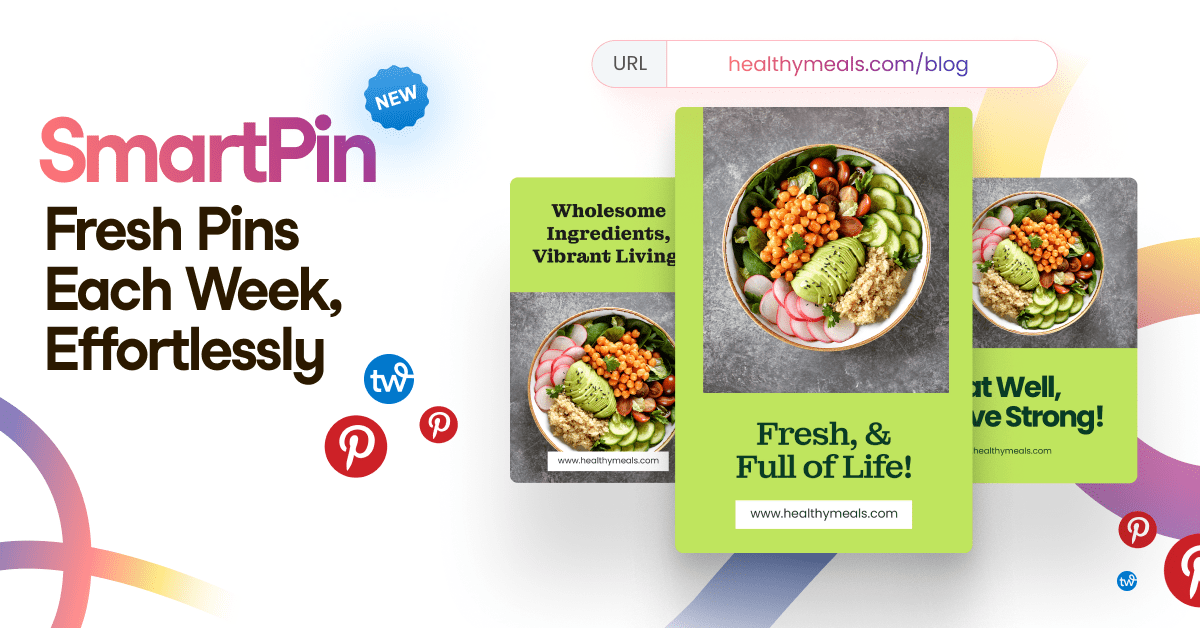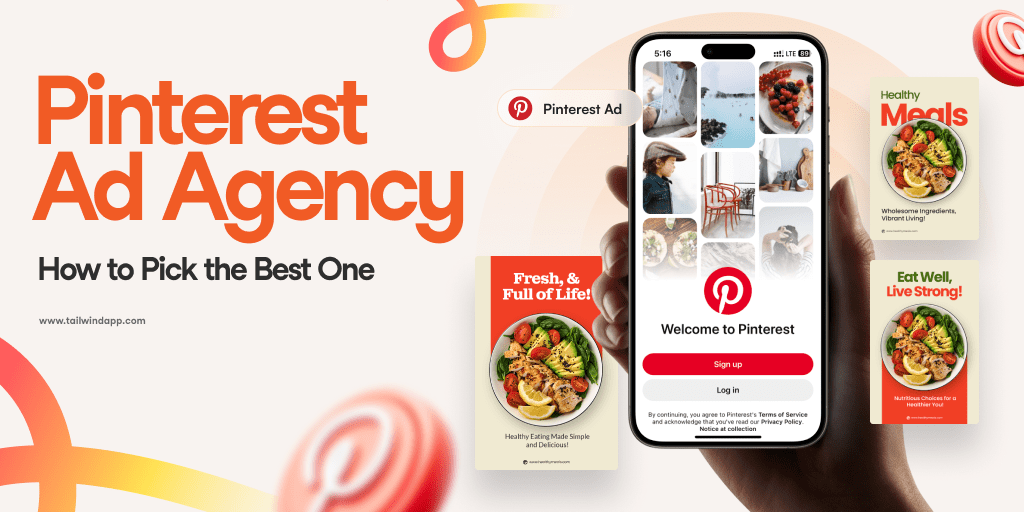
Email marketing is an essential part of any business’s digital marketing strategy. People are more likely to sign up for your emails than to visit your website, which means that email can be a great way to drive traffic and generate revenue.
However, there are many different tools on the market today that offer email services – some free and others paid.
How do you choose which one is right for you? In this blog post, we will review some of the best platforms out there so that you can find the one that fits your needs.
1. EmailOctopus
EmailOctopus makes end-to-end email marketing easy with dozens of tools for growing and maintaining your email marketing list. With EmailOctopus, you can import your existing subscribers from other platforms, add customizable forms for quick signup on your website and even create landing pages.
The email template editor also works like a dream, allowing you to start from a template and customize to your heart’s content, or import your existing HTML templates for a seamless switch.
Managing your sends is easy with automated campaigns with simple editing for rules and segments, and you can use the robust insights and data to update and maintain your email marketing for peak efficiency.
EmailOctopus is free until your list reaches 2500 subscribers or you send over 10,000 emails a month ( ). The EmailOctopus Pro plan comes in at $24 a month for up to 5,000 subscribers, and increases depending on your list size.
2. MailChimp
MailChimp is a powerful email marketing service that allows you to create emails and newsletters. They allow you to create email templates, and you can easily add your logo to the templates. MailChimp has various tools that make it easy to create automated campaigns – including form-building features, RSS integrations, goal tracking, A/B testing, and more.

MailChimp offers templates in various sizes for smartphones as well as desktops. You’ll also have access to over 600 different fonts. Some third-party integrations are available, but not as many as you will find with other services that cost more money.
MailChimp is free until your list reaches a specific size or if your send an email campaign out too frequently – after which point there are paid plans available starting at $20 per month.
MailChimp offers a powerful email marketing solution that is easy to use and has many integrations available – making it great for beginners. It also integrates with most major CRMs, including Salesforce, SugarCRM, Microsoft Dynamics, Pipedrive, Zoho CRM, Nimble CRM, CapsuleCRM, Autopilot, and more.
MailChimp is best for businesses just getting started with email marketing campaigns or who want to keep their monthly costs low. It’s also a good option if you have a small list – as the free plan allows up to 2000 subscribers before your account becomes limited on sending out emails too frequently.
3. Drip
Drip is a powerful email automation application that allows you to create automated email campaigns. You can use Drip’s drag-and-drop editor to easily add different types of content, including text and images – making it easy for beginners who are just getting started with creating emails.

Drip has over 100 prebuilt automation available so that you can use them as-is or customize them to fit your business’s needs. You’ll also have access to over 600 different fonts, and it integrates with many popular CRMs – including Salesforce, Zoho CRM, Nimble CRM, CapsuleCRM, Autopilot, Insightly, Pipedrive, Hubspot Marketing, and more.
Drip offers a free plan that allows you to have up to 2000 subscribers or send out an email campaign once every 24 hours – whichever comes first. Drip’s paid plans start at $19 per month, with professional and business plans available for higher budgets.
Drip is best for businesses that are just getting started with email marketing or automating a lot of their email campaigns.
4. AWeber
AWeber is a powerful email marketing tool that allows you to design and send out email campaigns, track open rates and click-throughs – as well as form submissions.
With AWeber’s drag-and-drop editor, it’s easy for beginners to create emails without any advanced knowledge of HTML or coding languages. It integrates with major CRMs like Salesforce, Zoho CRM, Insightly, CapsuleCRM, and more.
AWeber has a free plan that allows you to manage up to 500 subscribers, but this number is also limited when sending emails. AWeber’s paid plans start at $19 per month for managing up to 1000 subscribers or 100 email campaigns per month.
AWeber is best for businesses growing quickly and want to scale their email marketing efforts or have a more extensive list but don’t need additional features like drip campaigns, social media integration, etc.
5. Sendinblue
Sendinblue is a powerful email marketing tool that’s free if you have up to 2000 subscribers. You’ll also receive access to over 800 fonts, and it integrates with major CRMs like Salesforce, Zoho CRM, Insightly, and more.
It has some third-party integrations, including Facebook Custom Audiences, Google Analytics, Zapier, and more.
With Sendinblue’s drag-and-drop editor, you can easily create your email campaigns without any advanced knowledge of HTML or coding languages – just like AWeber. It also has a free plan that allows you to manage up to 2000 subscribers.
Sendinblue is best for businesses looking for a free tool that can help them with their email marketing efforts or who need to scale quickly.
6. GetResponse
GetResponse is a powerful email marketing tool that integrates with over 30 of the most popular CRMs, including Salesforce, Zoho CRM, Insightly and more.
It has some third-party integrations, including Facebook Custom Audiences, Google Analytics, Zapier, ActiveCampaign, and more.

You can easily create your email campaigns with GetResponse’s drag-and-drop editor, similar to AWeber and Sendinblue.
GetResponse has a free plan that allows you to manage up to 1000 subscribers, but this number is also limited when sending emails. It also offers a 30 day trial for its paid plans starting at $15 per month.
GetResponse is best for businesses that want to integrate their email marketing with other tools and need a drag-and-drop editor or looking for an affordable option.
And, with HubSpot’s integration, you can also see how many times each email has been opened within the platform.
7. Hubspot
Hubspot is best for businesses looking to use their CRM as an integrated part of their marketing efforts and want a free tool to help them manage their emails.

Paid versions start at $50 per month for 500 contacts.
HubSpot is best for businesses looking to use their CRM as an integrated part of their marketing efforts and want a free tool to help them manage their emails – or those who need more advanced features like workflows, email templates, etc.
Finally, you can see your open rate over time, which helps understand how your audience responds to certain types of content.
And you can also track clicks on individual links within the email – which are helpful if there’s a specific part that should be emphasized throughout different stages of an onboarding process or customer journey.
In conclusion, there are many great email marketing tools and platforms to choose from, so you need to narrow down your needs and find the best option that will help achieve your business goals. There are also several free options available – but with those, you’ll be limited by the number of subscribers or emails sent per month, depending on which one you use.








